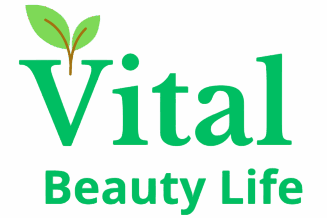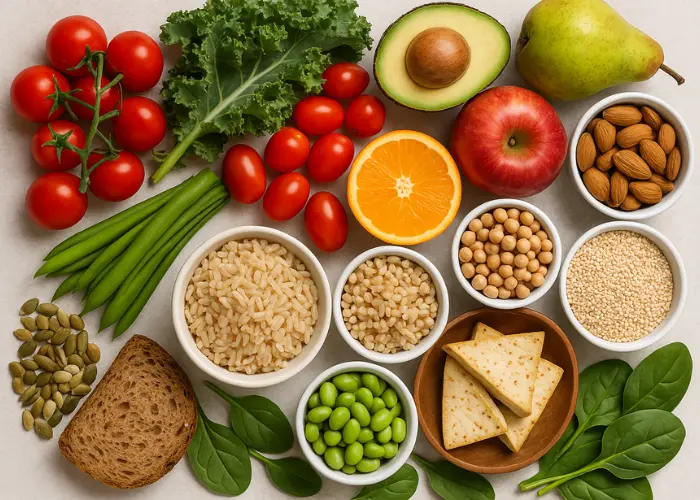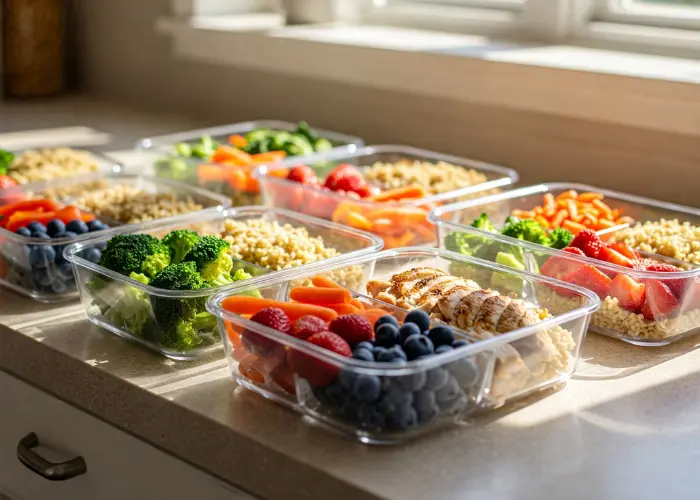Start your plant-based journey today. Discover what to eat and avoid on a beginner-friendly plant-based diet for better health and energy.
Curious about switching to a plant-based lifestyle but not sure where to begin? You’re not alone. A plant-based diet has gained massive popularity for its potential to boost energy, support heart health, and promote overall well-being. Whether you’re looking to eat healthier, reduce your environmental impact, or simply try something new, this beginner-friendly guide will help you understand what to eat—and what to skip—on a plant-based diet.
Let’s break it down in a simple and sustainable way.
What Is a Plant-Based Diet, Really?
A plant-based diet focuses on whole, minimally processed foods that come from plants. That includes fruits, vegetables, grains, legumes, nuts, and seeds. Unlike vegan or vegetarian diets, which may restrict all or some animal products, a plant-based diet can be flexible. It’s more about emphasizing plant foods, not about perfection.
Benefits of Going Plant-Based:
- May support heart health (CDC)
- Promotes better digestion thanks to high fiber
- Can help maintain a healthy weight
- Often more sustainable for the environment
What to Eat on a Plant-Based Diet
Here’s your go-to list of beginner plant-based foods that are both nutritious and satisfying:
1. Fruits and Vegetables
The foundation of any plant-based meal. Aim for a colorful variety to get a wide range of vitamins and antioxidants. Think berries, leafy greens, carrots, apples, and sweet potatoes.
2. Whole Grains
Swap refined grains for nutrient-dense options like quinoa, brown rice, oatmeal, farro, and whole grain bread. These are excellent sources of energy and fiber.
3. Legumes
Beans, lentils, and chickpeas are staples in a plant-based diet. They’re packed with protein and fiber, making them a satisfying meat alternative.
4. Nuts and Seeds
A handful of almonds, flaxseeds, chia seeds, or pumpkin seeds adds healthy fats and crunch to your meals. These also support brain health and help keep you full.
5. Plant-Based Proteins
Tofu, tempeh, and edamame are great sources of plant-based protein. They’re versatile and can be used in stir-fries, salads, and grain bowls.
What to Avoid on a Plant-Based Diet
While a plant-based diet isn’t about strict rules, there are some foods to limit or avoid to stay on track and feel your best:
1. Highly Processed Foods
Frozen plant-based nuggets and vegan desserts can be tempting, but many are high in added sugars, sodium, and unhealthy fats. Enjoy them occasionally, not daily.
2. Refined Carbohydrates
White bread, pastries, and sugary cereals may be technically plant-based but don’t offer much nutrition. Choose whole grain alternatives when possible.
3. Excessive Oils
While some healthy fats are important, using too much oil—especially highly refined types like vegetable or canola oil—can add unnecessary calories and reduce nutrient density.
4. Added Sugars
Check food labels for added sugars in sauces, drinks, and packaged snacks. Go for natural sweeteners like dates, maple syrup, or fruit when possible.
Tips to Transition Smoothly
- Start Small: Begin with one plant-based meal a day.
- Meal Prep: Having healthy ingredients ready to go makes sticking to the plan easier.
- Stay Hydrated: Eating more fiber means you’ll need more water.
- Keep It Simple: A grain, a green, and a bean is an easy formula to follow.
- Listen to Your Body: Make changes gradually and pay attention to how different foods make you feel.
Final Thoughts
A plant-based diet doesn’t have to be restrictive or overwhelming. By focusing on whole, nourishing foods and making simple swaps, you can enjoy a lifestyle that supports your body and the planet. Remember, it’s not about perfection—it’s about progress.
Ready to start your plant-based journey?
👉 Share this post with a friend or drop a comment below with your favorite plant-based recipe!



